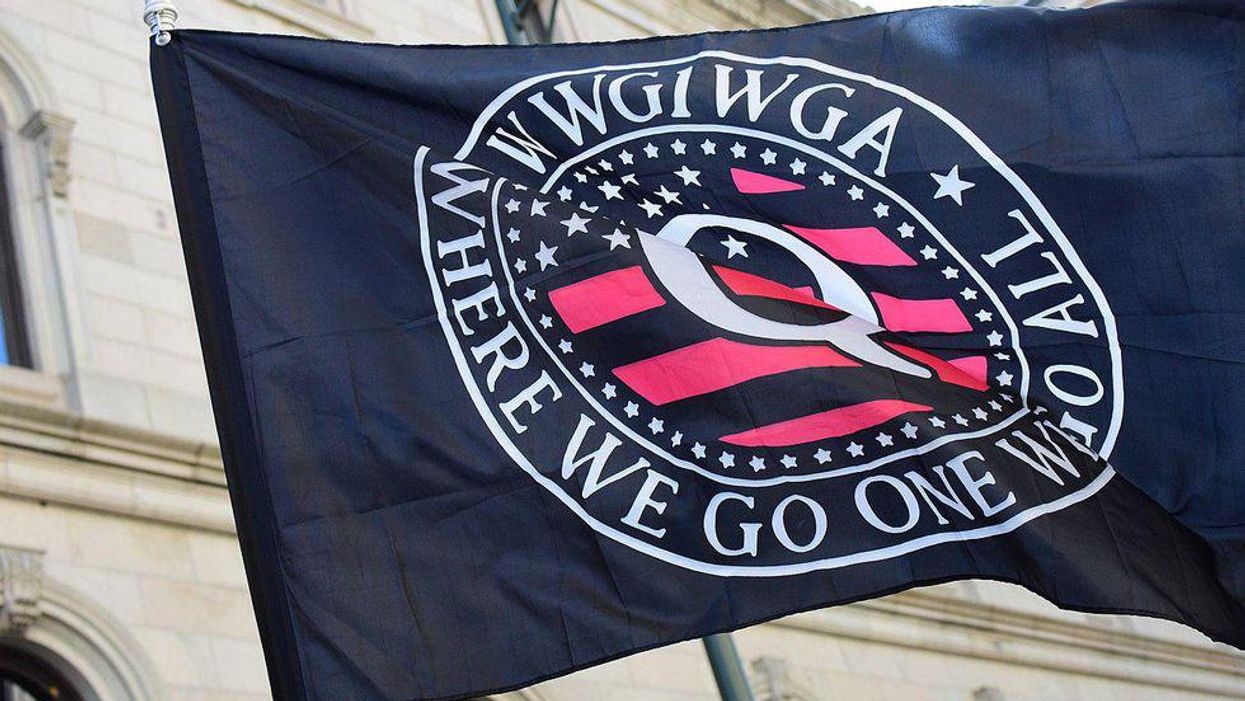The disturbing similarities between the QAnon movement and opioid addiction in America

A t-shirt depicting a QAnon slogan in December 2020, Wikimedia Commons
August 27, 2021 | 06:12AM ETBank
Over the last few years, QAnon has gone from being merely a cluster of conspiracy theories to more of a cult-like movement and belief system impacting families across the United States.
"The parallels between QAnon and addictive drugs like opioids — which are also manipulated by malicious actors to trap vulnerable people in increasingly unhealthy spirals that ultimately result in the destruction of families and even death."
Authors Moskalenko and Bloom compared QAnon to the painkillers that are plaguing Americans across the country and how the epidemic has impacted the lives of the most vulnerable individuals. Citing an analysis developed by the University of Maryland, the authors also noted similarities between many of the QAnon believers who stormed the Capitol on Jan. 6.
"For starters, QAnon, like the painkiller abuse epidemic driven by the drug oxycodone, engulfs people who are most vulnerable to its content," the publication reports. "An overwhelming proportion of QAnon followers arrested in connection with the Jan. 6 insurrection, for instance, have mental health problems, including bipolar disorder, schizophrenia, and post-traumatic stress disorder, according to a University of Maryland analysis. If you believe the world is out to get you, you are probably more likely to embrace QAnon narratives that explain exactly how the world is out to get you."
Comparing the movement to damaging drugs, the authors also examined the toll of the pandemic on many Americans. During that time, the QAnon movement grew significantly. The authors explored a number of possible reasons for QAnon's growth. Those reasons are also relatively similar to why people tend to turn to opioids to cope with life's challenges.
"Crucially, just like drug hits, QAnon offers a quick "fix" for feelings of loneliness, fear, and anger that those in pain want to alleviate. Individuals who seek out online communities often do so because they feel isolated and lonely. It's no surprise that QAnon's following grew immensely during Covid-19 lockdowns, when people were limited to socializing online, and QAnon chatrooms in particular offered a chance to vent frustration and outrage. Yet research shows the more time people spend on social media, the more isolated and lonely they feel, repeating an endless loop of trying — and failing — to fulfill social needs."